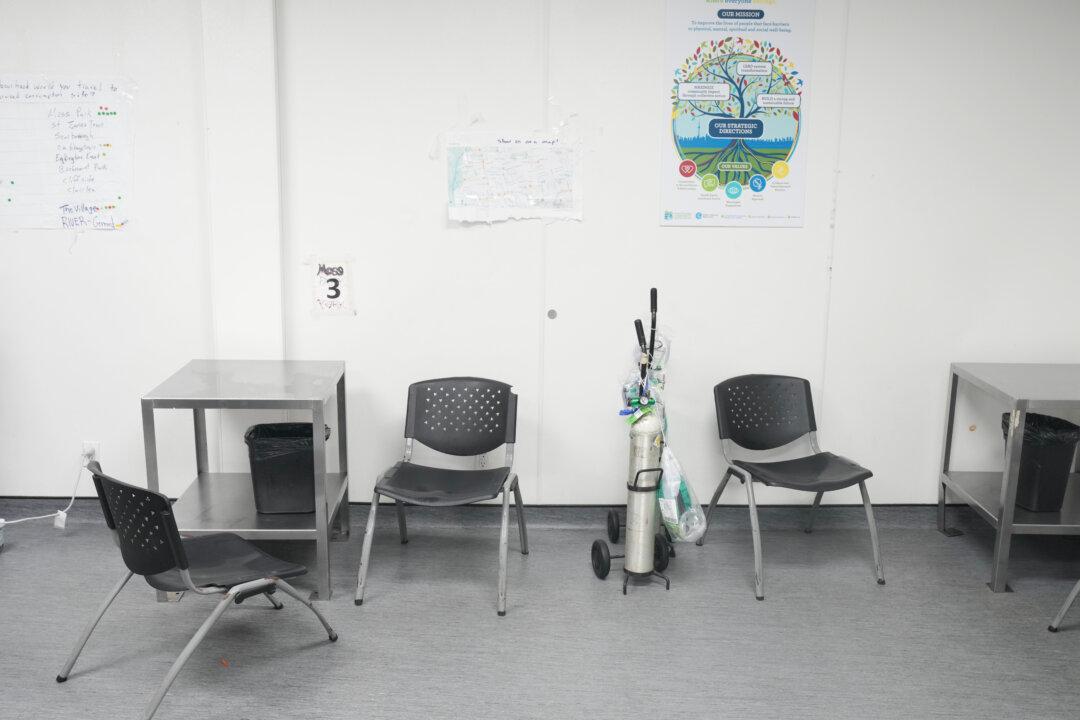B.C.’s NDP Premier David Eby last week became the latest politician to distance himself from the carbon tax, while his federal counterpart Jagmeet Singh said he opposes the Liberals’ version of the scheme.
Before that, B.C. did a U-turn on its hard drugs decriminalization experiment, asking the feds to remove the Criminal Code exemption amid rising drug use. As well, in a province that once pioneered various harm reduction and safe injection site policies, amid backlash the government sought to bring in legislation to limit drug use in parks where children play, though it was challenged in the courts.





